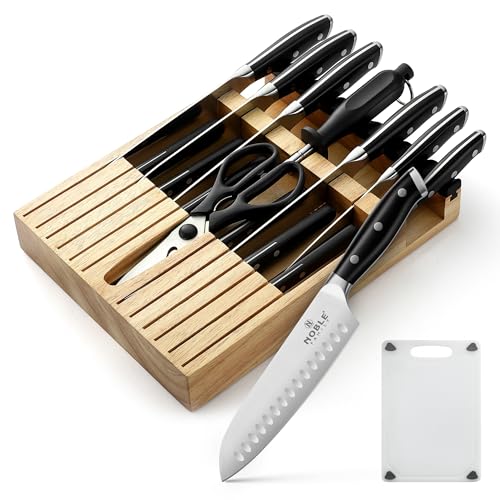Hey,
I don't need to say what I am doing to give you a little more information.
About Ku that rub off or not : it's simply that everybody use the word kurouchi to tell when there is black color on the blade but there is actually different way to bring that dark color on a blade and some are just a little coat that will rub quite easily, some are strong coat that won't rub off easily
Common black finishs :
- burnt oil, I think the most common : if you quench your knife in the oil you can make some kind of seasoning and have some black burnt oil finish on the blade. That finish will rub off pretty easily. As much as seasoning should be food safe, I am not really sure about synthetic quenching oil seasoning...
- etching can do it : if the blade is hard steel, you can polish the hammered part and etch it, you will get a black finish : again it will rub off easily as it is very shallow.
- I bought two japanese knives in my life, one from mutsumi hinoura that had a weird black finish. it could be burnt oil finish maybe but maybe other ways are possible. Can be rubbed off also, less easily than some others but still it is not looking like sclale. Just to say, even in japan it can be not proper kurouchi. (picture attached is that hinoura blade next to one of mine)
- gun blueing : not food safe but it can create chemically a black finish.
- less common but rust blueing exists : you can make some iron to rust evenly and then convert rust iron oxide into black oxide (hematite if I am not saying it wrong). That how japanese sword's tsuba are often finished.
- and maybe other ways.
- finally : kurouchi (because I think that's the name of that technique and other ways should be called black finish). It is forge scale, iron scale made through the heat of the blade to at least 700 degrees celsius. It's iron oxyde (hematite again) created by the heat of iron. If you can control it you can make it appears on the all blade evenly, thick enough and well attached to the metal so it won't flake or be rubbed off. It is very solid and even with stones like 200 grit stones I can see I can scratch it but not getting it off, so it is really solid. Not invincible though, you can of course getting rid of it : or you just grind through it, or you let the blade for a day in strong vinager and it will melt the kurouchi.





























